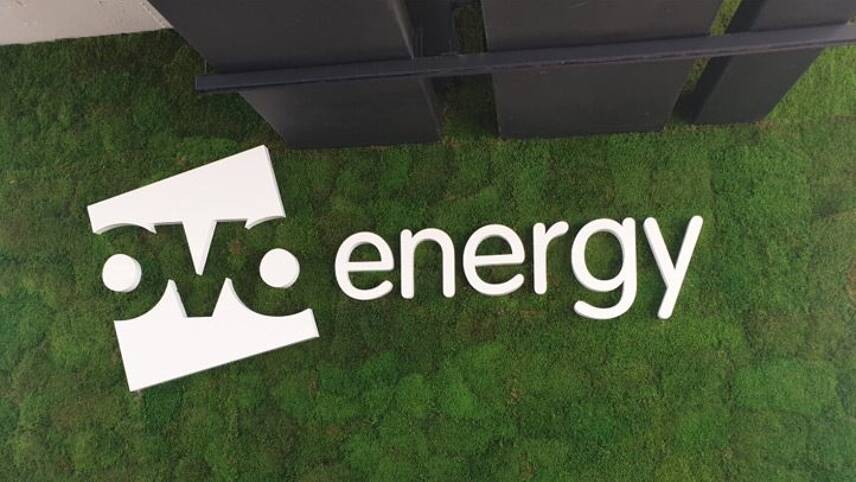Register for free and continue reading
Join our growing army of changemakers and get unlimited access to our premium content

The ‘Plan Zero’ report has been published as a direct response to the climate crisis, urging both businesses and individuals worldwide to reduce carbon emissions and reach a state of net-zero emissions.
One key aspect of Plan Zero is OVO’s pledge to limit its carbon offsetting to just 10% of its total emissions for exceptional cases where emissions reduction or avoidance is unfeasible.
OVO’s sustainability head Owen Anderson said: “Transparency in carbon accounting is critical to reforming our energy system into a truly sustainable one.
“In order to achieve True Net-Zero for everybody, we need to do more to stop carbon at its source. Our focus is, and always should be absolute atmospheric decarbonisation.
“True Net-Zero means getting more renewables on the grid, electrifying heat and transport, and ending reliance on offsetting. We hope that this will become standard practice for businesses globally.”
Unlike conventional offsetting methods, the company is investing in energy efficiency services and products to eliminate carbon emissions at their source, primarily in homes and transportation as part of its “Path to Zero” initiative.
This strategic shift follows OVO’s earlier decision to move away from Renewable Energy Guarantees of Origin (REGOs) certificates.
Anderson added: “We’re powering good progress towards decarbonisation both operationally and for our customers, but there’s still a long way to go.
“Plan Zero sets out how together, we can make the planet a healthier one, but to get there we need less net, and more zero.”
Key highlights from the Plan Zero report
Since 2018, OVO has achieved a 36% reduction in its carbon footprint and a 50% reduction in its operational emissions.
OVO has also invested nearly £1m to support new renewable projects, with a considerable portion of its offices now powered by renewable energy sources.
Additionally, OVO’s ‘Charge Anytime’ rate for electric vehicle (EV) owners resulted in £1m in cost savings this year and the avoidance of 33 metric tons of carbon emissions, which is equivalent to covering the distance of the UK 144 times.
Shifting trends in the offsetting realm
While OVO has reversed its stance on carbon offsetting, recent research has unveiled a different perspective on companies participating in the voluntary carbon market (VCM).
Contrary to merely using carbon credits as a way to evade responsibility, these companies are outperforming their peers in critical aspects of climate action, accountability, and ambition.
The insights stem from a report published by Ecosystem Marketplace, an initiative led by the non-profit organisation Forest Trends, drawing upon CDP Climate Change data from 2022.
As per the findings, 59% of purchasers within the VCM have reported a yearly reduction in gross emissions. This reduction is attributed to lowered emissions and/or an increased adoption of renewable energy practices.
In contrast, only 33% of businesses not engaged in carbon markets reported a similar decrease in emissions.


Please login or Register to leave a comment.